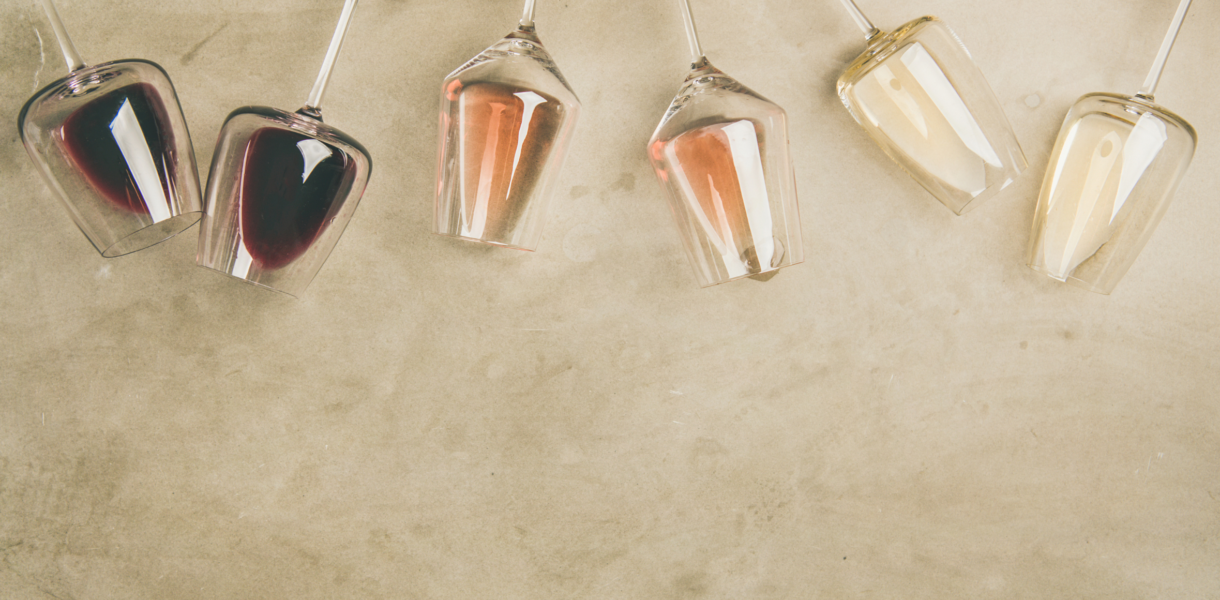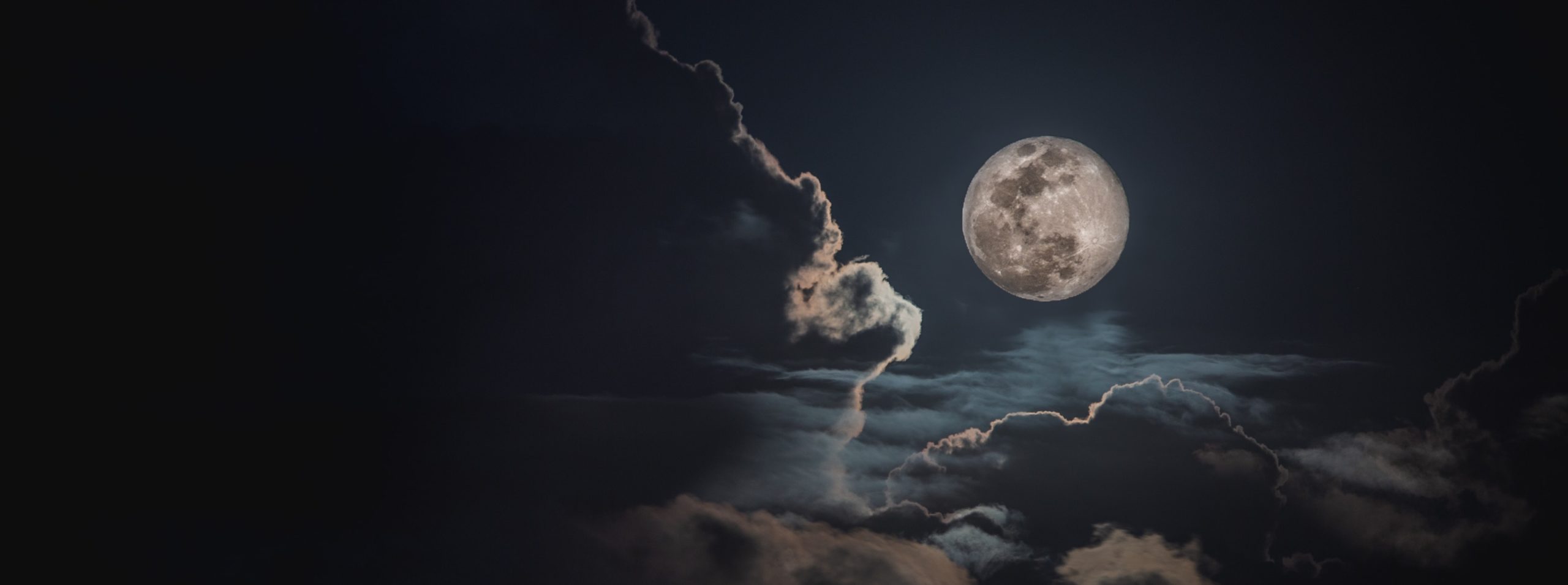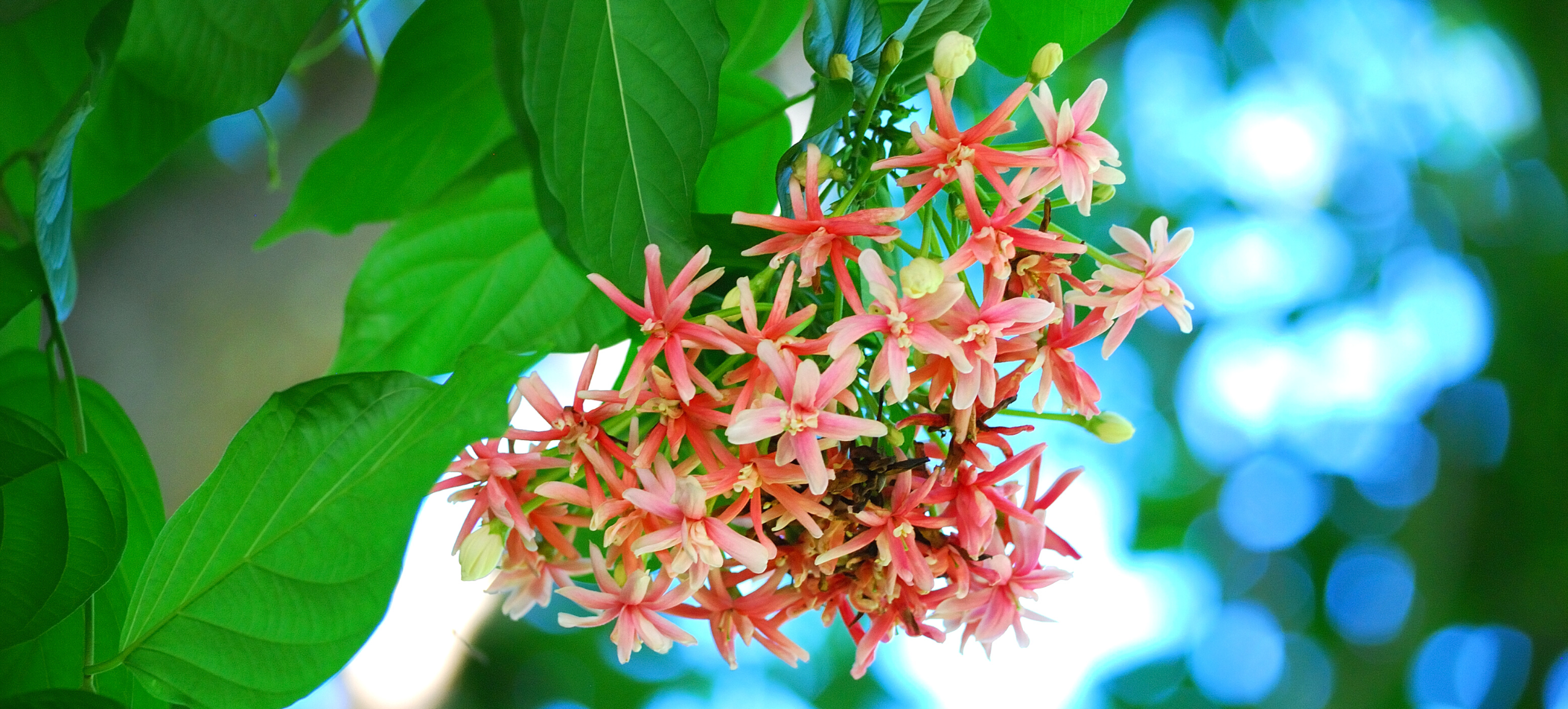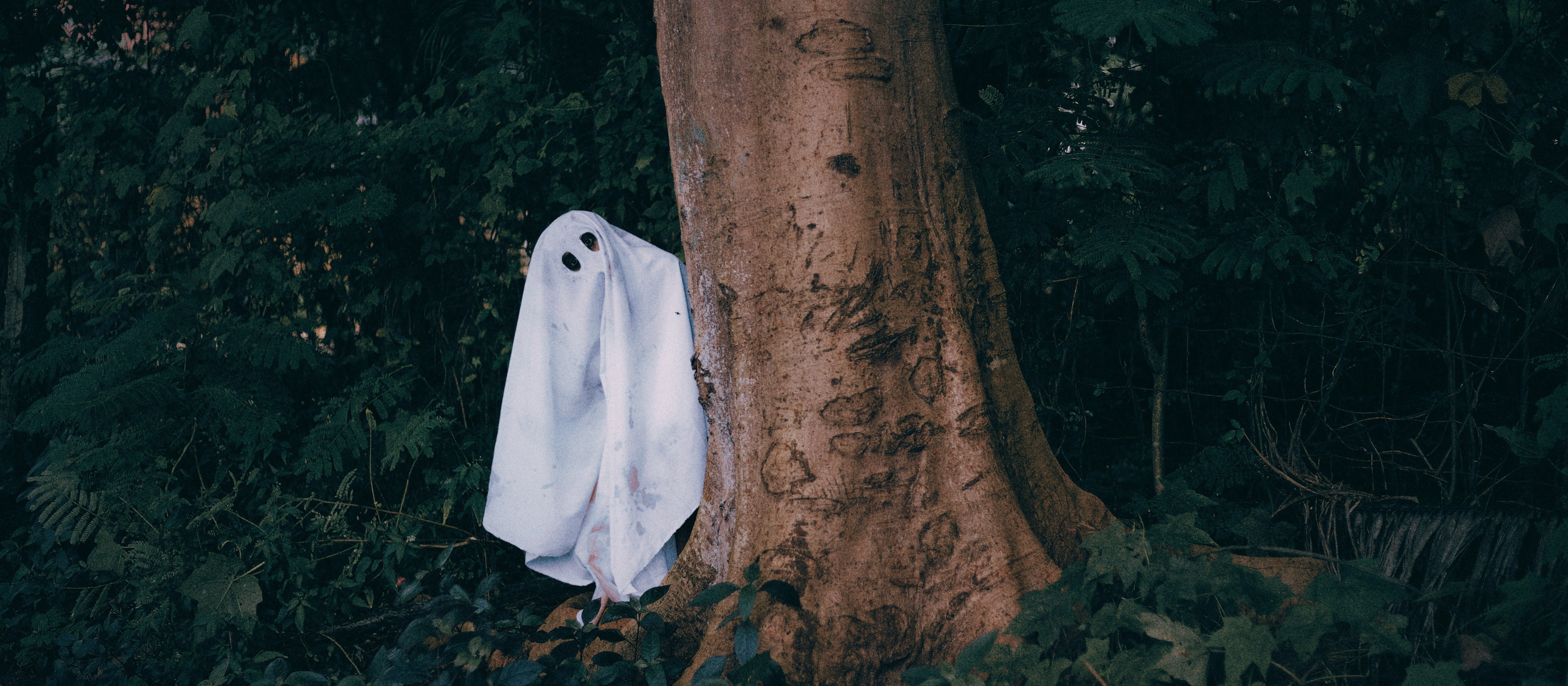I can’t prove the jug wine my parents drank was bottled on its journey down a horse’s leg but I have my suspicions. Now and then, I’d sneak a glass, thinking the approach of adulthood meant I’d have to acquire a taste for it. I did try. I even used it in improvised cocktails, the oddest of which also featured vodka, rock candy, and lime soda.
A catastrophic night in high school with a bottle of Ernest & Julio Gallo Chablis should have put me off drinking forever but didn’t. It was better than my parents’ Taylor Lake Country White, which is to say my gag reflex didn’t kick in until after I was aslosh with the stuff. I spent that night lying on the floor, head spinning, later throwing up in my dorm room’s clogged sink (I attended a residential high school). The next morning, woozy in the depths of my first hangover, I had to scoop yellow, reeking vomit out of the sink. I then had to unclog the drain by myself, not wanting to ask our hall’s resident advisor for help for fear of getting in trouble. It took a couple of hours. I needed a shower afterward. It was as vile as it sounds.
In college, my friend Jim tried introducing me to red wine. A senior, he was thinking ahead to adult matters. Wine coolers and Budweiser seemed sophomoric. He’d found a bottle of something tense and Italian at the supermarket. Bought it because of the label. He’d even acquired a pair of proper wine glasses. I want to say it tasted like raspberries and chocolate-coated sin with elegant notes of blackcurrants, mercy, and angel sperm¾but that would be incorrect. It didn’t taste like much at all: wet rust, perhaps, followed by a mid-palate slide into nothingness.
“It’s like drinking butter,” he said.
With effort, I swallowed. Shuddered. Was done with wine for a couple more years.
***
Jim, my sister, and I all ended up in D.C. after college. We didn’t plan it; it just worked out that way. My sister had worked part-time for about a year in a local department store’s wine and cheese shop. It didn’t make her a sommelier, but she could pick out a bottle. She insisted that real wine tasted nothing like the plonk our parents drank. Occasionally, she’d make recommendations. Ironstone Obsession, for example, went down like a glass of gardenias, sugary but a step up from the Bartles & Jaymes wine coolers we guzzled as undergraduates.
An afternoon trip to the Maryland Wine Festival resulted in sunburns and quaffable discoveries. Chambourcin, a grape variety mainly grown on the East Coast, convinced me red might not be so bad after all. But I rankled at feeling I needed to check with my sister for wine advice: What goes with chicken? Cabernet Sauvignon has too many syllables, so should I be afraid of it? Is the expensive stuff actually better? This should have been something I, as a proper functional citizen of Grownuplandia, could handle myself.
Although I couldn’t afford it, I subscribed to the Washington Post. Like owning at least one black shirt and buying French roast coffee because it was “French” and therefore upscale, reading the news every day felt like measurable progress toward the authentic façade of adult sophistication I was desperate to construct. Having grown up being told our mother’s parenting philosophy involved keeping my sister and me as naive and sheltered as possible for as long as possible, I had reason to be desperate. My impostor syndrome had impostor syndrome. People on the spectrum speak of feeling like aliens. All well and good, but feeling like an alien requires actually landing on Earth. You need a point of comparison. By my early twenties, I had barely set foot (or pseudopod, or tentacle, or tendril) off the mothership apart from a couple of aborted flights in low orbit.
One Friday, the Post published a review of Santa Barbara Winery’s newest Pinot Noir. Although I’d browsed the wine reviews before, I always found the language pretentious. Flowery mouthbursts of moonlit Bing cherries picked at the peak of ripeness and then gently misted with Chanel No. 5, faint whispers of smoky tannins like the fog blowing through the Golden Gate, insidious hints of strawberries and upholstery and espresso served only in a cafe around the corner from the Spanish Steps in Rome. For the first time, it occurred to me to ask What if these reviews are actually right? So when I happened to find a bottle in an Annapolis wine shop the next day, I bought it. It must have been about twenty-five dollars then, well outside of my price range, but it felt important. My adulthood hung in the balance. If the wine was as delicious as the review suggested, didn’t the twenty-five bucks count as tuition?
It took me months to work up the nerve to try it. It was enough at first to see it among the bottles in my makeshift wine rack, to know it was there, like having books by Thomas Pynchon on your shelves. The point was having them, not having read them. But those saucy tasting notes of Arctic cloudberries and gamma radiation and dusty libraries on quiet summer afternoons in the Upper South whispered to me. I’d been saving it for an occasion that never came: a romantic dinner with an interesting guy, a short-story sale, a lottery win. One night I just got home from work and said fuck it. Opened the bottle before I could talk myself out of it. Poured a glass. Took a sip. Took another. Although the Pinot didn’t taste like believing ten impossible things before breakfast, it was, by far, the best glass of wine I’d ever had.
***
My Very Tense Friend (we’ll call him the VTF) and I started out, as gay men do, casually dating. After a few months, the physical part fizzled out, but we liked each other well enough; we understood each other. A Midwestern transplant from a Czech family of modest means, he had moved to D.C. after grad school for a comfortable federal sinecure. Bored, well paid, and very secure, he sensibly bought an apartment and less sensibly bought a secondhand Porsche 944. He’d furnished his flat to resemble a tasteful gentlemen’s club: functional antiques, broad leather sofa, minimal bric-a-brac. He liked the kind of red wine that had dusty labels in French, cost a lot, and tasted like sandpaper, ambition, and the tiny screams of grapes that died in a great deal of pain. Partly this was to do with his anxiety about being gay: he abhorred the chintz and frills and lace one found in some gay men’s homes. But the other part was about his own ongoing upgrade. Like me, he was bleaching his blue-collar upbringing, albeit with more money and a few years’ head start.
Being single, gay, and a bit slutty in a major city can be educational depending on what you set out to learn. From the VTF, I gained the fondness for quirky hotel restaurants, the weekend dash up to Boston with the top down on the Porsche (and the ensuing sunburn)…and the sense that someone who looked like him might find me worthwhile.
Later, a Swiss guy who worked at the World Bank changed the way I cooked without meaning to. I switched from fish sticks to monkfish, from canned corn to sauteed greens. There were afternoons at the Smithsonian. Ella Fitzgerald and Nina Simone on the CD player in the evenings. Then, at a party, I met the art conservator he dumped me for. We compared notes, made the connection, and started seeing each other at first to spite our mutual ex but after that because we genuinely got along. From him, I got an education in the basics: not just art, but wine too. Among other things, he introduced me to Bonny Doon Winery, which back in the ‘90s had a bigger range and lower price point. Vintner Randall Grahm’s iconoclastic take on wine shaped my own: he eschewed supermarket standards like Chardonnay and Cab for Riesling, Viognier, and Rhône reds. Playful labels; serious wine. Later, there was the Venezuelan nurse who took me to Caracas. That’s how I acquired my first passport stamp and my halting Spanish. Still later, the Taiwanese guy under whose amused scorn and tutelage I learned to use chopsticks. He also forged a check and cleaned out my bank account. I learned a lot from him. I learned a lot from all of them.
As a kid and well into my teens, I was never far from a humiliating memory: proclaiming I could talk to cats and making everyone cringe when I began meowing at one (it walked away), dodging spitballs thrown from the bus when it passed me as I rode my bike to school, jumping aside to get out of the way of incoming softballs I was intended to catch. There was the time my mother swung by the mall as she drove me home from the dentist. I’d just had several teeth removed in preparation for braces. We stopped in the craft shop I liked. She pushed me to apply for a job there while my mouth was still packed with gauze and oozing blood. The sales clerk looked as appalled as I felt. They didn’t hire me. A lifetime of this awkwardness infused every step, every movement, every syllable.
Dinner gatherings with the VTF sometimes didn’t end well. Although I didn’t talk with my mouth full, bleed from an orifice, or fart at the table, I was always the odd broke guy who worked in social services and somehow didn’t fit. At one such party, I misheard one of the VTF’s other friends talking about where he’d studied: “Oh, I know someone else who went to school in East Stroudsburg. I didn’t know you were from Pennsylvania.”
He looked at me the way a frog looks at a beetle a split second before the tongue whipsaws out.
“Strasbourg,” he said. “I was in France. Studying French.”
How had I missed that? I blamed myself for yet again killing the mood with a reference to the mundane and assumed everyone present blamed me too. The awkwardness was thick enough to spread on a bagel. It must have been me. It was always me.
A few months after that, at a gathering in Woodley Park, there was wine, banter, tastefulness. The couple who owned the house had spent time in Oaxaca. Everything matched, and didn’t. My own apartment, a rental in a building decades past its Art Deco heyday, featured family hand-me-downs and IKEA’s cheapest sadware. At some point, I needed to use the bathroom and asked where it was. Right off the dining room where we were gathered, it turned out. I ducked in, took a leak, and emerged to silence, pursed lips, and an inchoate tension in the air. It seemed I’d violated some unspoken social rule by actually pissing in the bathroom I was invited to use. The VTF confirmed this afterward, driving me home in his Porsche. Annoyed with me or embarrassed or both, he didn’t sleep over this time. It didn’t end our friendship, but there were no further invitations to dinner parties. I developed a mild fear of dinner parties, in fact. They often didn’t end well.
***
Eventually, I played my adulthood cards well enough to travel. I’d only left America twice before this, to Venezuela and Vancouver. Despite these trips, it hadn’t occurred to me that I could just buy tickets online, hop on a plane a few weeks later, and spend a few days in London. But when British Airways announced a fare sale, I did exactly that. No one chased after me with a net. I found this miraculous. It felt like escaping myself.
To make sure that pressurized 777 air didn’t desiccate me into a fine powder, I shoved two 1.5L bottles of Evian into my backpack. You could still get them through security back then; 9/11 was still a couple of years away. I bought a buckwheat-filled neck pillow. The flight crew raised their eyebrows but, being British, didn’t comment.
I can confirm I survived the flight and loved London. On my last night of the trip, I took a colleague’s advice and bought dark chocolate bars as souvenirs, carefully avoiding sugary American brands. That’s how I learned that if you don’t have many good friends living nearby, there’s no point bringing gifts back.
Thus began a program of travelling badly. Off to Sydney and Melbourne on the tail end of a case of giardia. I don’t know what messed me up worse, the protozoans or the Flagyl I had to take to kill them. Despite a bodily presence in both cities, mainly I saw the public restrooms. I observed that people in Sydney tend to shit at public toilets, or toward them, rather than in them. But the zoo was nice. Next, I went to Singapore… wearing a day-old pair of Doc Martins. I brought no other shoes along. They chewed blisters into my feet my first evening there. The next morning, I bought a pair of Merrills. Spent the next two weeks limping like the Little Mermaid.
I naively thought it would be okay to visit Madrid in midwinter and saw very little of the city due to a pall of pouring rain and jet lag. When I did venture out, I went to the big three art museums: the Prado, the Thyssen-Bornemisza, and the Reina Sofía. I wanted to love the Prado. Gallery after gallery of great works by Goya and Velázquez. In reality, I liked it, but I almost got mugged on the metro. My trembling before Titian had more to do with terror than Stendhal syndrome. On those cold, rainy afternoons I would stop back by my hotel, tell myself I wasn’t going to fall asleep, fall asleep anyway, wake up at 2 A.M., and stumble out for a very late meal at a nearby Argentinean restaurant that stopped serving at four. “Otra vez?” asked the waiter my third night there when I showed up and ordered the chicken. Nothing went horribly wrong in Barcelona or Bilbao. I visited the Sagrada Familia, the Museu Picasso, the Fundació Joan Miró, and the Guggenheim. By the time I got back to the U.S., I was so exhausted that I cancelled the trip to Düsseldorf I’d booked two months later.
I also cancelled my immune system on that trip: I developed a fungal skin condition and shingles back-to-back. It took months to recover.
“Slow down,” my doctor ordered. “Are you trying to kill yourself?”
***
If travel and wine help you develop a convincing veneer of authentic sophistication, moving abroad glues the mask to your face. What, after all, could be more sophisticated than living overseas? So, when I was offered a teaching position at the Hong Kong campus of Shenzhen Arts University (not its real name, but ShArts is an apt abbreviation), I thought I had finally arrived and looked forward to the novelty of being able to put money into savings. A private university set up by an extravagantly wealthy family one colleague described as Hong Kong royalty, ShArts gentrified a couple of historic buildings in Kowloon, splashed money around on arts events, and opened their new campus for business. The family spawned legends, not stories: dinner parties back in the day with Madame Chiang Kai-shek, a network of private schools and a couple of colleges in the major mainland cities, galleries in Shenzhen and Shanghai, a private jet.
Because we had to submit our PowerPoint slides for review by the Vice President in charge of the Hong Kong campus (at least until he hired an assistant and made her do it), it was emphasized that we had to make it pretty for ShArts. Hence, images of Dufy and Chagall and Kandinsky and Miró served as backgrounds for my slides on writing skills and grammar. I used a photo by Cindy Sherman to teach countable and uncountable nouns. I used Takashi Murakami whenever I could, just because. Francis Bacon, Ai Weiwei, Andy Warhol: I loved it and then one day after seeing three of my new colleagues crying because of the workload and the spying and the nastiness simmering below the surface there, suddenly realized I hated it. Every day looked perfect and felt awful.
People whispered for fear of being overheard. An assistant would check classrooms to make sure we were in them ten minutes ahead of scheduled start times, take attendance (ours, not the students’) at functions, take notes on what we were wearing, and covertly search our desks and computers. ShArts issued laptops configured to store everything on the university’s servers instead of their own hard drives. Toward the end of my time there (I’d have said tenure, but ShArts was very public about not offering it), Madame President swanned in for a staff pep talk. Budget cuts loomed. Her driver was outside keeping the Mercedes running—for the air conditioning, of course.
“We’ve just got to… buckle down! Tighten our belts!” she said at the end of her remarks, smiling at us all and pumping a fist to emphasize the seriousness of the situation.
“Is your Chanel scarf this year’s collection?” I asked.
No reason was given for offering to renew my contract only on a probational basis. To correct my unspecified shortcomings as a professor, I was required to have a six-week series of coaching sessions on the subject of professionalism. I began frantically applying for jobs and was even told I’d be getting an offer, but that position fell through at the last minute. Then the HR orc in the main office decided to fire me at the beginning of summer anyway.
Hong Kong was the most expensive city in the world before the government turned it into a dystopian hellhole and everyone who didn’t get thrown in jail or murdered by the police started leaving. Hiring season at the universities had already ended. At least I had something in savings. I didn’t think it was going to be enough.
***
Hong Kong’s Labour Department runs a 24-hour hotline for people needing advice on whether job situations might be breaking employment laws there. You need to take ShArts to court, they told me repeatedly. They can’t just dispose of people like that.
I filed the paperwork. I ate sandwiches. They were cheap. I lived on the thirty-third floor of my building. I sometimes wondered, looking out the window at the pavement below, if people falling from that height really died of heart failure long before hitting the ground. I’d read somewhere that they did. I was going to run out of money in a few months’ time if I didn’t find a job. Even if I won the court case and got a settlement, I was already buying groceries with my credit cards.
My friend Kelvin owned a prominent design firm and had done well for himself: a house near the beach on the south side of Hong Kong Island, a Porsche, plenty of money. Over drinks, he’d once cheerfully agreed with me that I’d never be able to buy property in Hong Kong on what I made there. The subtext: I should ditch my boyfriend for him. Improve my standards. Upgrade myself.
To cheer me up after learning I’d lost my job, he proposed brunch at a Provençal place in Soho followed by an afternoon at the beach. At the restaurant, when other guys began arriving, I almost got up and left. He hadn’t mentioned inviting anyone else. I’d met a few of them before: chiseled bankers and marble-like architects and fortyish tech bros who’d coded their way into management: flawless mannequins who flung themselves from Gstaad to Berlin to Hokkaido to Cape Town in business class because they could. Bangkok for Songkran. The Maldives or Mauritius for a cheeky weeklong beach getaway. Buenos Aires because why not. Pleasure was, after all, grim and serious business. Rich and oddly joyless, these were the last people I wanted or needed to see.
Champagne was served. Salads arrived. Conversation turned to the topic of “managing staff out.” One of these shellacked androids had been given a quota at work: every year, he had to fire ten percent of his team—not because they were performing badly, but because it kept them terrified, on their toes, striving, achieving. I kept my mouth shut. It was better that I didn’t speak. I wasn’t sure I could speak.
Après lunch, la plage. Drinks. Toward sunset, everyone ambled back to Kelvin’s house, used the garden hose to rinse off the sand, changed out of swimsuits. One or two of the other guests had no qualms about stripping naked when they hosed themselves down, perhaps the better to show off their gym results; I ducked into the nearest bathroom for my own ablutions. Later, at the table, I learned they were going to spend a week in the South of France the following summer. They’d rented a house in Antibes. Did I want to come?
“I’ll pay,” Kelvin said.
Everyone looked at me. I mumbled something. Talk turned back to firing staff for fun and profit. It occurred to me that yes, in free fall, your heart probably does give out. How many of them knew I’d just lost my job? Kelvin must have told someone. But it’s hard to think clearly with the wind roaring in your ears on your way down.
“I want your feedback on something,” Kelvin asked the group as his maid brought out a fresh bottle of Sauvignon Blanc from a New Zealand winery I liked but couldn’t afford at the moment. “Would you date someone who makes a lot less money than you do? Or consider having a serious relationship with him?”
“No!” came at once from the guy to my left, Trevor, a deeply suntanned Chinese Canadian finance executive. “Absolutely not. Why would you even suggest a thing like that? What’s gotten into you?”
“There’s somebody I like. I’ve been thinking about it, how it could work.”
“Why would you want to support anyone? Why would you want someone who couldn’t keep up and pay his own way? He’s not… unemployed, is he?”
A couple of the living statues seated opposite were watching me now, not Trevor. We were seven at the table. I was utterly alone.
The Sauvignon Blanc had all the characteristics I needed in the moment: fruit-driven, punchy, and brightly acidic with steely notes of citrus and rage.
Fork or knife? The question abruptly ceased to be whether I was going to stab Trevor through the back of his right hand, which was next to me on the table, but which cutlery I should use. The knife would be cleaner. The fork would make more of an impression.
He carried on talking: “I don’t even know where this is coming from. Keep him around for the sex, whoever he is. Throw him away when you get bored. Find someone who doesn’t need a sugar daddy.”
The fork, then. It was in my right hand.
The moment stretched out, elongated with possibilities.
This was free fall; this was the final second before impact. It was as vile as it sounds.
But no. I didn’t have permanent residency yet, nor the money for whatever penalties I’d face. I’d be jailed, deported, ruined. There was the cat to think about. I set the fork down.
If this was sophistication, perhaps all I needed to be was enough. I asked Kelvin to call me a taxi, then finished my wine and poured myself a refill instead of waiting for the maid to do it. It tasted like vodka and rock candy and lime soda, and it was sublime.

Marshall Moore is an American author, publisher, and academic based in Cornwall, England. He is the author of a number of books, the most recent of which is a short-story collection titled Love Is a Poisonous Color (Rebel Satori Press, 2023). He holds a PhD in creative writing from Aberystwyth University, and he teaches at Falmouth University. For more information or to stalk him online, please visit linktr.ee/marshallsmoore.
Why we chose this piece: Marshall’s voice is fucking phenomenal, and we love how he uses wine and travel as a backdrop to explore insecurity and finding one’s self-worth.





